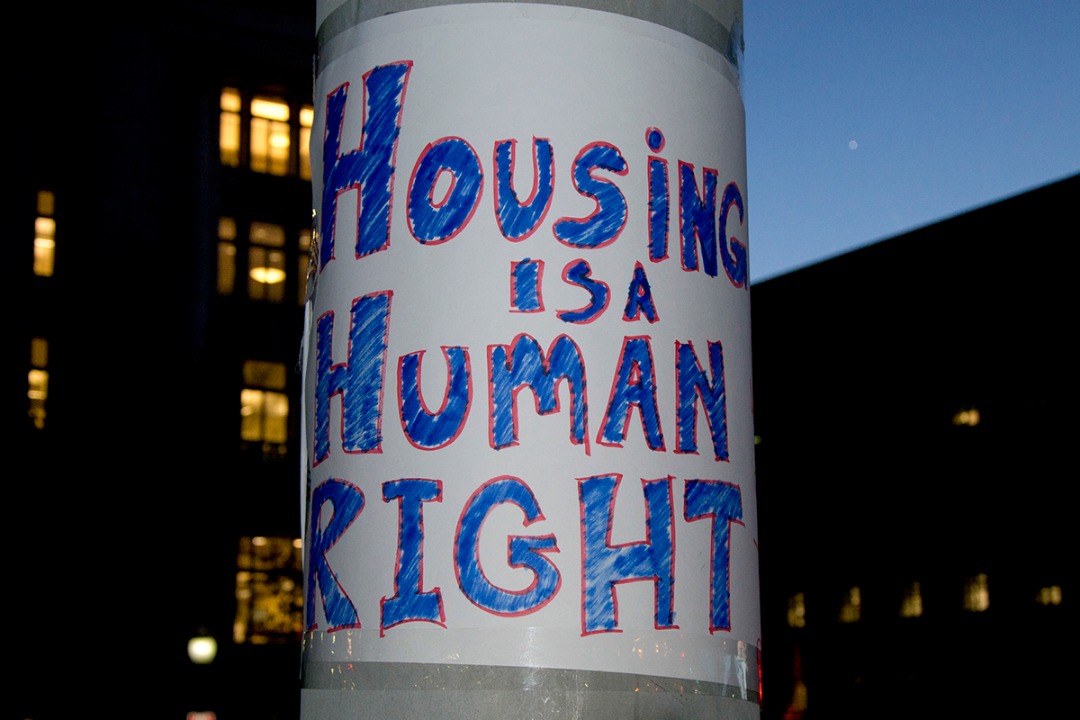Scottish Housing Day is about celebrating the impact that housing makes to the lives of people and communities across the country, as well as communicating to people about their housing options.
This year, for the fourth annual Scottish Housing Day today, we are making the case for housing as a human right.
The Scottish government is considering what legislative protections are needed to embed social, cultural and economic rights – including the right to a home – in the Scottish legal system.
Shirley-Anne Somerville, cabinet secretary for social security and older people, and Alan Miller of the University of Strathclyde, will jointly chair a National Taskforce for Human Rights Leadership.
The scale of the taskforce’s agenda is daunting. To put in place a legislative framework supported by resources to ensure Scotland is a world leader in putting human rights into practice will not be easy.
“Human rights are an absolute, and therefore our expectations of housing standards should be the same, irrespective of tenure”
But incorporation matters. By moving the issue from an international to a national arena, we can ensure that our government considers human rights in its policy deliberations.
Crucially, it means we can provide citizens with a means to challenge councils, landlords and the government through the courts if they violate a minimum set of rights.
This is a challenge; legislation will be only the first step and educating the public and the judiciary about the value of this approach will take time.
However, we know from experience in Scotland and in other countries how a rights-based approach to housing can improve the experiences of tenants, customers and homeowners.
Underpinning any approach to human rights must be improving the consistency in what people experience across different types of housing tenure, whether that be social rent, private rent or homeownership. Human rights are an absolute, and therefore our expectations of housing standards should be the same, irrespective of tenure.
For example, we should be ambitious for tenants whose homes are in a state of disrepair and whose health is compromised to encourage them to compel their landlord to make the improvements needed.
We should be ambitious about ensuring that victims of domestic abuse are no longer made homeless by services designed to look after them but are instead able to stay in their own home with support services provided.

And we should be ambitious for every single person to live in a home that they can afford.
And while no one tenure should dominate discussions, as improvements in availability, affordability and accessibility are needed across all sectors, many housing problems can be linked to the shortage of affordable homes.
We hope that as the Scottish government considers the incorporation of human rights into domestic legislation, there is a clear vision and the resources available to achieve it.
The human right of all our citizens to a safe, affordable home will only be realised when there is appropriate funding for housing, and when housing professionals to deliver the homes and services that communities depend on.
Source: insidehousing




